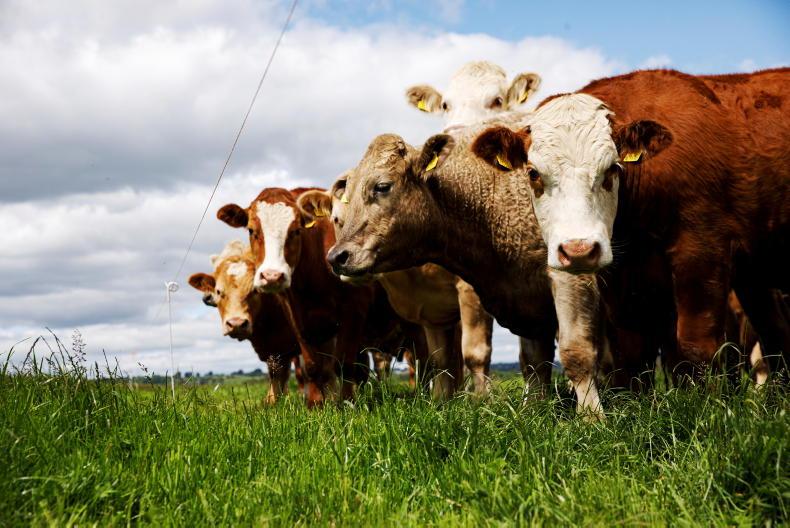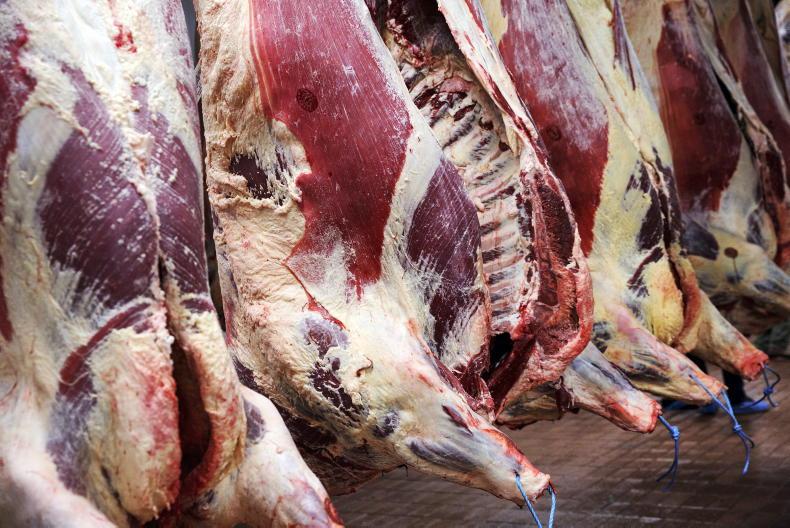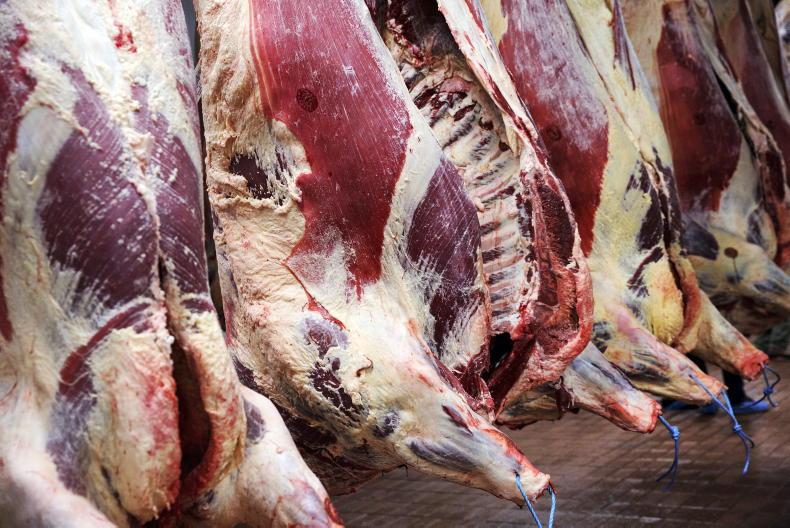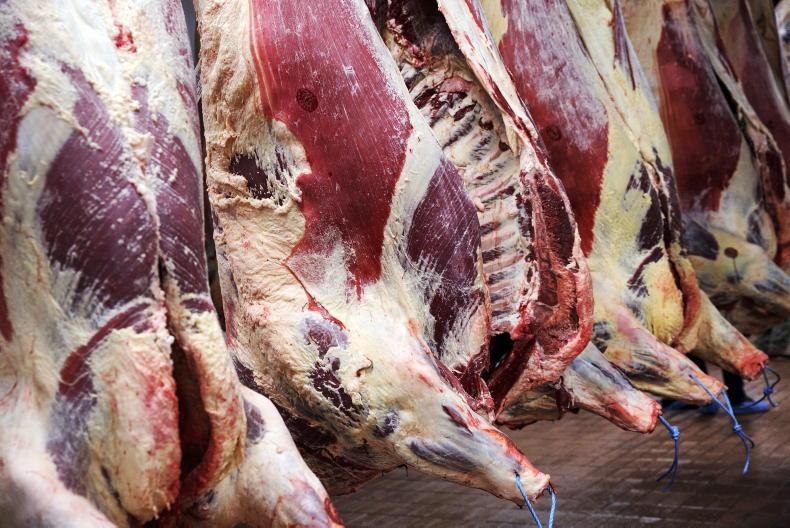Global beef prices continue to improve with a report published by Rabobank this week, confirming the rise in beef prices in countries that dominate global beef trade.
With beef imports up 20% for the first quarter in 2021, China dominates the world beef trade at the moment.
The Argentinian ban on beef exports will cause some trade disruption around the globe, while the news this week that JBS has closed some of its sites due to a computer hacking attack will also cause disruption.
The beef trade outlook is very positive. The rollout of COVID-19 vaccines has led to normal service resuming in many countries and this includes restaurant and food service dining.
Looking to China, food service sales were higher in March 2021 than they were in January 2020. In the US, food service trading has also returned to normal levels and this increased demand has driven beef prices in the last few months.
This gives a picture of how Europe will resume trading in the next few months and what effect that could have on beef prices.
Reduced supply across Europe has lifted prices and lower imports from South America to the EU-27 and UK (Brazil down 24% and Argentina down 38% year-on-year) will help underpin prices in the short to medium term.
Back home, bullocks continue to trade at €4.10/kg to €4.15/kg with heifers moving at €4.15/kg to €4.20/kg.
Aberdeen Angus cattle are in huge demand with flat price deals of as high as €4.60/kg being paid to secure in-spec stock this week.
Factory agents are also very active in marts hoovering up supplies of suitable cattle.










SHARING OPTIONS